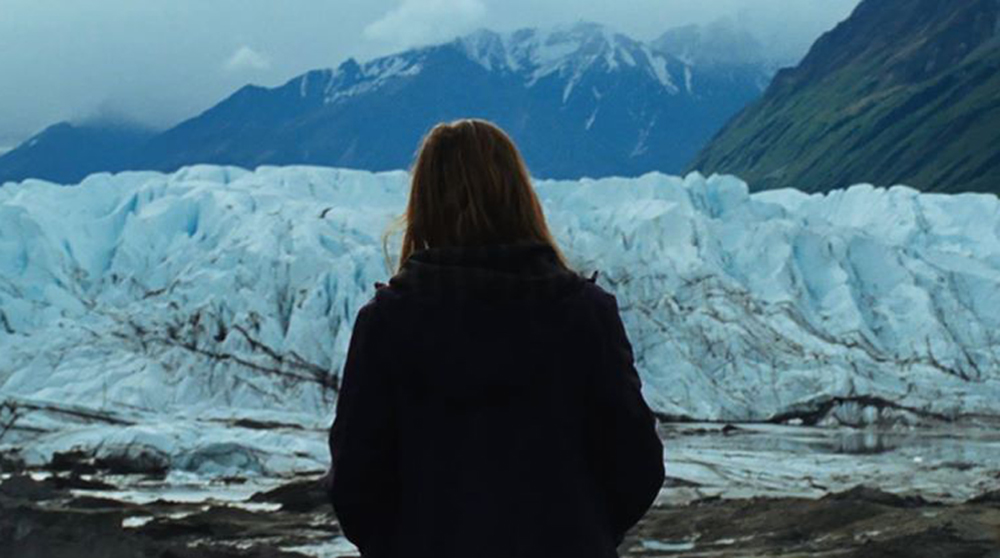
However, the journey Mackenzie and Rene embark on together both geographically and emotionally is involving enough that the end destination becomes an afterthought. Green isn’t immune to letting a few familiar plot mechanics sneak their way into the film – police become peripherally involved in searching for Mackenzie and the uncle, a truly chilling figure because of his sense of calm, is able to keep tabs through a phone he’s given her – but by concentrating on the characters, he hits the satisfying beats of a thriller in unfamiliar ways. The more “Wildlike” wears on, it’s clear it is like survival stories you’ve seen before, but not quite. Throw in two engaging performances from its leads and it’s a film worth talking about, especially considering how it’s born out of a topic that so few do discuss.




